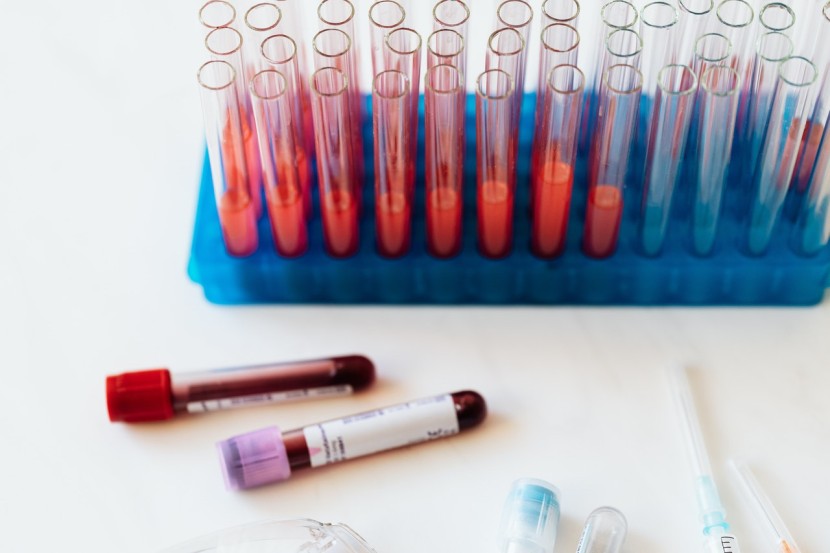
In a breakthrough that raises possibilities for a method to detect Alzheimer's Disease in a less expensive and less invasive way, researchers were able to develop a blood test for the most common form of dementia that yields results as accurate as spinal taps or brain scans.
On Tuesday, during the Alzheimer's Association International Conference results from multiple studies on tests about Alzheimer's were presented by researchers. The said studies aimed to find out whether a blood test is able to distinguish Alzheimer's from different forms of dementia.
One of the presented studies which have exhibited promising results was published in the journal JAMA. Based on the research, a particular blood test done on patients could identify Alzheimer's. In addition, it was also stated that the same test is able to detect signs of the disease two decades before the onset of any cognitive problems were expected..
In addition, USA Today reported that a blood test used to detect Alzheimer's disease in its early stages could give results with more precision than the thinking and memory tests that are currently being used in disease diagnosis. There are also several other methods which could diagnose the disease such as spinal taps and brain scans but both are invasive procedures and are very costly.
According to the researchers, Alzheimer's is distinguished from other forms of dementia by measuring the protein tau. They also stated that the blood tests were able to do so in 89-98% of the cases.
Dr. Eric Reiman, director of the Banner Alzheimer's Institute in Phoenix, who is also a researcher in one of the studies stated that the blood test showed a lot of promise due to its high accuracy and early detection of disease.
Read also: Experimental Coronavirus Vaccine Enters 'Late-Stage Trials' in Hopes of Releasing Before End of Year
Blood Tests Could Open Advancements in Search for a Cure
Aside from accuracy and early detection, blood tests for Alzheimer's may also provide hope for the long search for ways to treat the disease - a field that has faced many failures in the past. It also brings hope for families and patients that the disease has robbed of their memories and cognitive ability to function independently.
According to the New York Times, experts have also expressed that said blood tests will be able to accelerate the advancements in the field of neuroscience. This is through making the search for new therapies and ways to treat the disease through cheaper and faster ways of screening for clinical trials.
However, the advancements may also pose ethical dilemmas, especially for those people who would decide if they would want to find out whether they have a disease that until now has still no cure.
Neurology professor, Rudolph Tanzi from Harvard Medical School and the Massachusetts General Hospital praised the data presented stating that it is a big step forward in the field.
As of the moment, there are around 30 million people who are suffering from Alzheimer's globally. Six million of these people can be found in the United States alone.
Related article: Study Suggest Humans Weakening COVID-19 Virus by Mutation, But Virus is Fighting Back
© 2026 HNGN, All rights reserved. Do not reproduce without permission.








